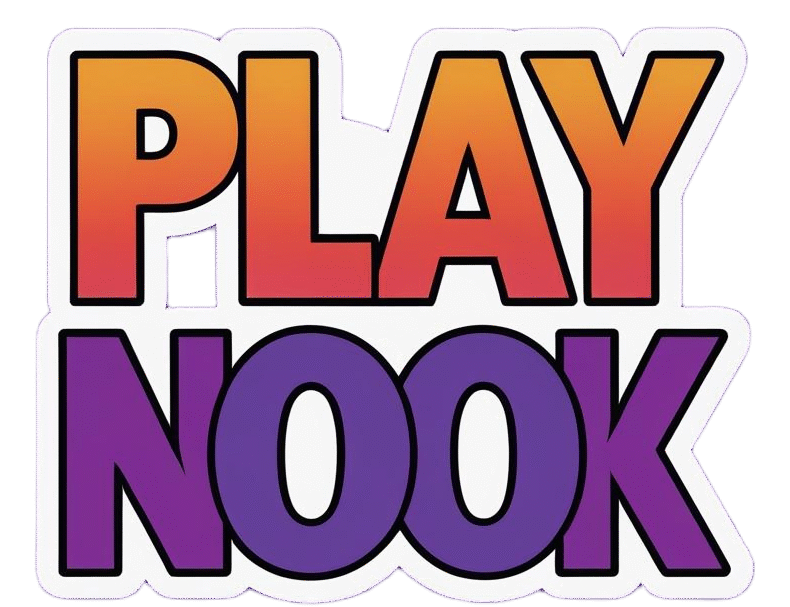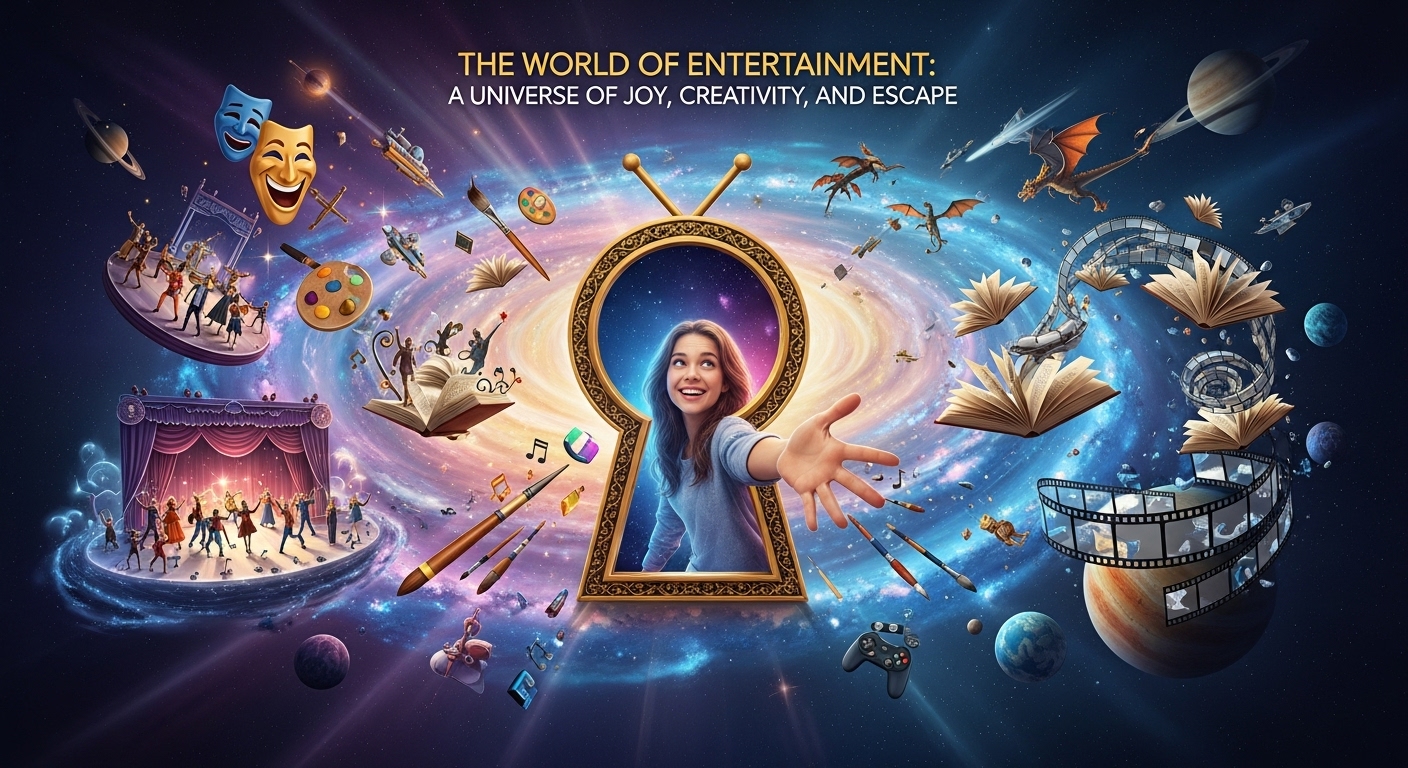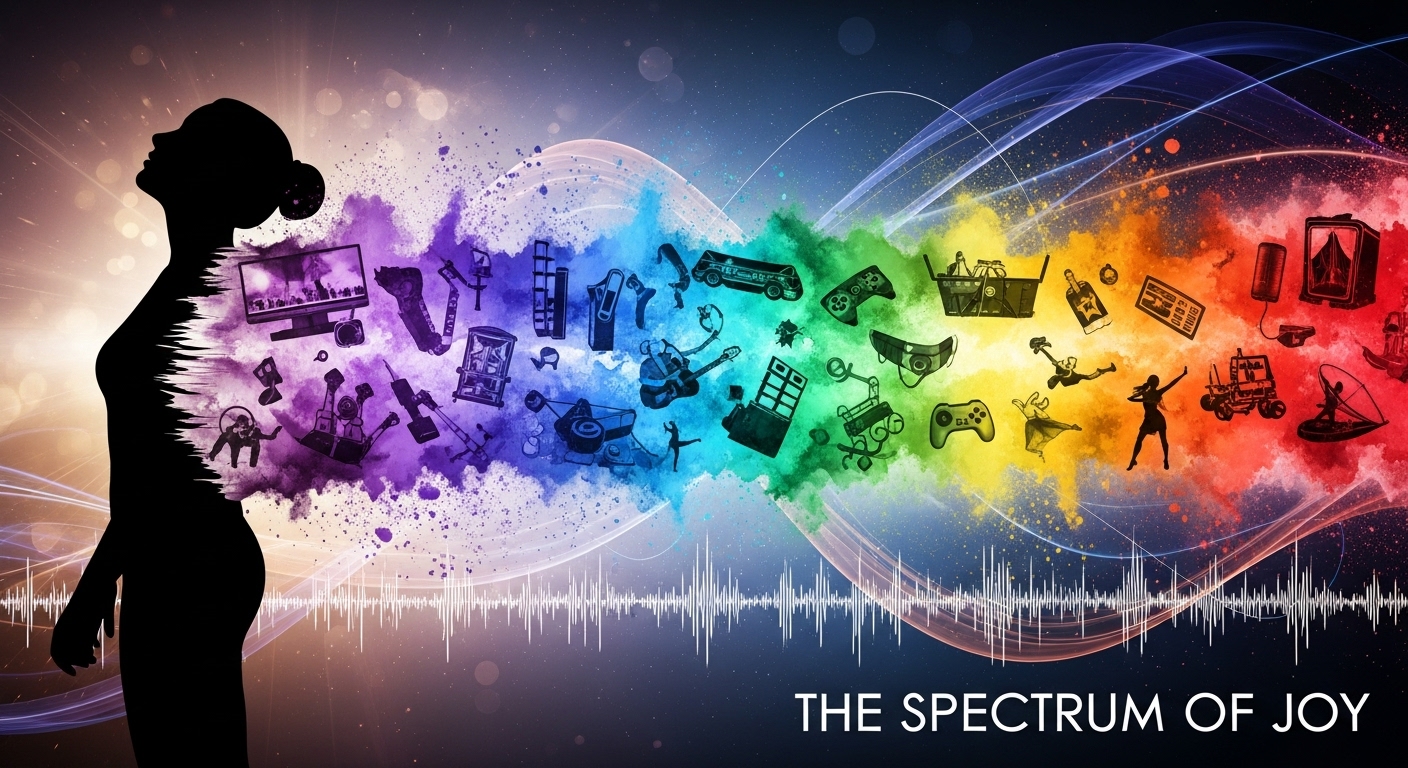Entertainment has always been at the core of human existence. From the earliest days when people gathered around fires to share stories to the modern age of digital screens and virtual experiences, entertainment has evolved but never lost its essence. It brings people together, provides escape from reality, inspires creativity, and reflects the diversity of human emotions. The world of entertainment is vast—spanning music, cinema, television, theater, sports, literature, gaming, and so much more. Each form has its unique power to engage the mind and soul.
The Evolution of Entertainment Through History
The concept of entertainment is as old as civilization itself. Ancient humans used storytelling, dance, and music to pass the time, share wisdom, and express their emotions. Cave paintings, chants, and rituals served as both communication and amusement. As societies advanced, so did their art forms. The Greeks introduced theatrical performances that combined drama, comedy, and tragedy to explore human nature. The Romans built amphitheaters where thousands gathered to watch gladiatorial games and performances.
During the Middle Ages, entertainment took new forms—traveling bards, puppet shows, and festivals became popular. Storytelling continued to be central, but it expanded to include moral lessons and myths. The Renaissance era revolutionized entertainment with the rise of visual arts, operas, and theatrical masterpieces. By the 19th and 20th centuries, technological innovations brought new forms—photography, cinema, and recorded music transformed how people consumed art and amusement.
The Golden Age of Cinema
Few forms of entertainment have influenced the world as profoundly as cinema. The invention of the motion picture camera at the end of the 19th century opened the door to a new dimension of storytelling. Silent films dominated the early era, with legendary figures like Charlie Chaplin and Buster Keaton bringing humor and heart to audiences without uttering a single word.
Then came the talkies—films with synchronized sound—that forever changed the movie industry. The golden age of Hollywood in the 1930s to 1950s created timeless classics, glamorous stars, and a culture of celebrity worship. Movies became a way to escape from the harsh realities of war and economic depression. They offered hope, laughter, romance, and adventure.
As decades passed, film evolved with new genres, techniques, and technologies. From black-and-white dramas to colorful musicals, from westerns to science fiction, every era brought something new. Today, cinema is more global and diverse than ever before, with filmmakers from every corner of the world using this medium to tell their stories.
Music: The Universal Language
Music is perhaps the most universal form of entertainment. It transcends boundaries of language, geography, and culture. From the rhythm of tribal drums to the melodies of modern pop, music has always been a part of the human experience. It can make us dance, cry, dream, and heal.
The evolution of music mirrors the evolution of society. In ancient times, music was deeply spiritual, tied to rituals and ceremonies. Over time, it became a way to express personal emotions and social identity. Classical music, born in Europe, became an art of precision and emotion. The invention of the phonograph allowed people to bring music into their homes, creating a revolution in how it was enjoyed.
Then came jazz, blues, rock, pop, hip-hop, and electronic music—each shaping generations and defining cultural movements. Today, streaming platforms and digital tools allow musicians to reach global audiences instantly. Music festivals, concerts, and online performances continue to unite people in joy and rhythm, proving that music remains the heartbeat of entertainment.
The Magic of Television
Television transformed entertainment by bringing it directly into people’s living rooms. The small screen created a new form of shared experience—families gathering to watch news, dramas, comedies, and variety shows together. In the mid-20th century, television became the dominant medium, influencing opinions, trends, and lifestyles.
Classic sitcoms and dramas set the foundation for modern storytelling. Shows like family comedies, detective mysteries, and talk shows created cultural touchstones. Over time, television evolved with technology, from black-and-white broadcasts to high-definition screens and now streaming services. The content also changed—from linear programming to on-demand shows that allow viewers to watch what they want, when they want.
Television is not just entertainment; it’s a reflection of society. It shapes and mirrors cultural shifts, introduces new ideas, and showcases the diversity of human experience. Whether it’s a gripping drama series, a cooking competition, or a reality show, TV continues to be one of the most powerful sources of entertainment worldwide.
The Power of Sports as Entertainment
Sports occupy a special place in the realm of entertainment. They combine skill, competition, and emotion in a way that captivates audiences like few other activities can. From ancient Olympic Games to modern global tournaments, sports have always been more than just physical contests—they are celebrations of human potential and perseverance.
Football, cricket, basketball, tennis, and countless other sports unite millions across the globe. The thrill of victory, the agony of defeat, and the drama of last-minute comebacks keep fans emotionally invested. Sports stars become role models and national icons, their stories inspiring generations.
Modern sports entertainment also embraces technology, with instant replays, virtual experiences, and eSports bringing new dimensions to the game. Today, even gaming tournaments fill arenas and attract millions of online viewers, proving that the spirit of competition and entertainment continues to evolve with time.
The Rise of Digital Entertainment
The 21st century brought a revolution unlike any before: digital entertainment. The internet changed everything—from how we watch movies to how we play games and connect with others. Streaming platforms replaced physical media, social media became a stage for creativity, and gaming evolved into a multi-billion-dollar industry.
People can now access any form of entertainment at the touch of a button. Movies, music, books, and games are available on phones, tablets, and computers. The rise of influencers, vloggers, and digital creators has blurred the line between celebrity and ordinary person. Everyone with a smartphone can create and share content, becoming part of the global entertainment network.
Virtual reality and augmented reality are taking this even further, allowing audiences to immerse themselves directly in the experience. Entertainment is no longer something we just watch—it’s something we live.
Literature and Storytelling: The Timeless Art
Before screens and streaming, there were words. Literature remains one of the oldest and purest forms of entertainment. A good book can transport readers to distant lands, different eras, or even entirely new worlds. Storytelling connects generations, preserves history, and sparks imagination.
From ancient epics and folklore to modern novels and poetry, written words have shaped human thought. Literature entertains not only by telling stories but by inviting readers to reflect, dream, and question. Today, digital books and audiobooks continue the tradition, making stories more accessible than ever before.
Writers remain among the greatest entertainers, their words weaving emotions and ideas that outlast centuries. Whether it’s a romantic novel, a thriller, a fantasy saga, or a simple poem, literature proves that entertainment doesn’t always need spectacle—it only needs heart and imagination.
Theater and Performing Arts
Theater was one of the first organized forms of entertainment, and its magic still captivates audiences. Watching a live performance is a unique experience—every show is slightly different, every moment alive with real emotion. Theater blends acting, music, dance, and design to create a world that feels both immediate and timeless.
Performing arts go beyond traditional plays. Ballet, opera, contemporary dance, stand-up comedy, and even circus performances all fall under this category. Each art form has its own way of entertaining and engaging. While movies and TV shows can be replayed, the thrill of a live performance lies in its fleeting beauty—it happens once and lives forever in memory.
The Role of Technology in Modern Entertainment
Technology has always been intertwined with entertainment, but today its role is more transformative than ever. Artificial intelligence, virtual reality, and interactive storytelling are redefining how audiences experience content. Video games now feature cinematic graphics and narratives that rival Hollywood films. AI-generated art and music are pushing creative boundaries, blurring the line between human and machine creativity.
Social media has created a new type of entertainment—interactive, immediate, and participatory. People no longer just consume content; they engage with it, remix it, and create their own. This democratization of entertainment allows diverse voices to be heard and new trends to emerge daily.
The Business of Entertainment
Behind the fun and glamour, entertainment is a massive global industry. It generates billions in revenue, employs millions of people, and influences economies and cultures. From film studios and record labels to streaming platforms and gaming companies, the business side of entertainment is constantly evolving.
Marketing, branding, and celebrity culture are major components of this industry. Stars become brands, and franchises become empires. Yet, despite commercialization, creativity remains at the heart of it all. The best entertainment—whether it’s a film, a song, or a performance—still depends on genuine talent and passion.
The Social Impact of Entertainment
Entertainment is not just about fun—it shapes ideas, values, and conversations. Movies, music, and art can challenge norms, highlight social issues, and inspire change. They can bring attention to causes, promote understanding, and create empathy among people from different walks of life.
At the same time, entertainment offers a crucial escape from stress and hardship. It gives people moments of laughter, hope, and relaxation. In times of crisis, people turn to entertainment for comfort. Whether it’s a song that lifts the spirit or a movie that reminds us of resilience, entertainment helps keep humanity connected and hopeful.
The Future of Entertainment
The future of entertainment promises even more exciting changes. As technology continues to evolve, the ways we experience stories will become more immersive and personalized. Artificial intelligence will curate content based on emotions and preferences. Virtual concerts and metaverse cinemas may become the new normal.
Yet, one thing will never change—the human need for stories, laughter, and connection. No matter how advanced technology becomes, entertainment will always be about people and their emotions. It will continue to evolve, reflecting society while giving us joy, meaning, and inspiration.
Conclusion
Entertainment is more than an industry; it is the heartbeat of human culture. It brings joy, fosters creativity, and reminds us of what it means to feel alive. From ancient stories to digital realities, the forms may change, but the essence remains the same—entertainment connects us, inspires us, and helps us understand ourselves and each other.
In every laugh, every note, every scene, and every story, we find pieces of humanity reflected back at us. The world of entertainment is vast and ever-changing, yet it remains one of the most powerful forces that unite people across time, space, and imagination.



